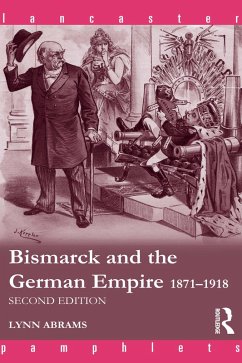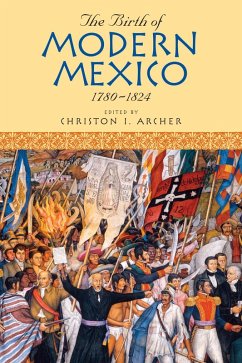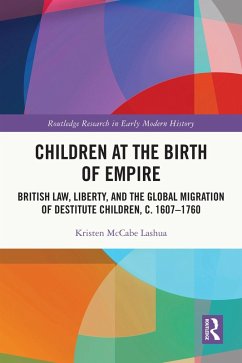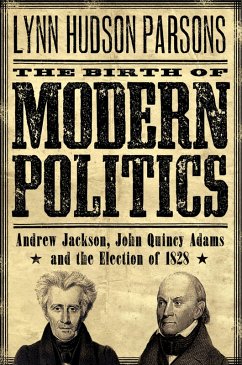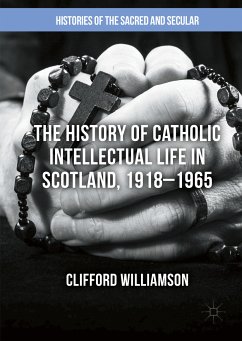
Wilhelm Ketteler and the Birth of Modern Catholic Social Thought (eBook, PDF)
A Catholic Manifesto in Revolutionary 1848
Sofort per Download lieferbar
Statt: 29,00 €**
20,99 €
inkl. MwSt. und vom Verlag festgesetzt.
**Preis der gedruckten Ausgabe (Gebundenes Buch)
Alle Infos zum eBook verschenken

PAYBACK Punkte
0 °P sammeln!
Wilhelm Emmanuel von Ketteler responded to the "Social Question" of 1848 with a series of six sermons, the Advent Sermons, and thereby laid the theoretical groundwork for "Modern Catholic Social Thought." Taken together, they were a 'manifesto' delivered within a year of Karl Marx's and Friedrich Engel's famous Communist Manifesto. Ketteler's sermons declared the social principles, concerns and goals for Roman Catholicism as the church confronted both the opportunities and dangers of modern secular politics. He read the signs of the times with remarkable clarity and saw the danger posed by rad...
Wilhelm Emmanuel von Ketteler responded to the "Social Question" of 1848 with a series of six sermons, the Advent Sermons, and thereby laid the theoretical groundwork for "Modern Catholic Social Thought." Taken together, they were a 'manifesto' delivered within a year of Karl Marx's and Friedrich Engel's famous Communist Manifesto. Ketteler's sermons declared the social principles, concerns and goals for Roman Catholicism as the church confronted both the opportunities and dangers of modern secular politics. He read the signs of the times with remarkable clarity and saw the danger posed by radical social solutions such as communism. His response was distinctively modern in that he refused to hide behind a defensive or nostalgic rejection of representational politics or the emerging democratic institutions. He addressed the public sphere in a way that recognized that governments rule legitimately only if they represent the will and interests of the people. And further, he used a language of rights that recognized the claims of the church and of individuals in a way that was clearly modern. Yet, Ketteler's achievement was one that remained essentially rooted in Catholic traditions - especially St. Thomas Aquinas - and specifically rejected the individualism and atomism often associated with liberalism, rights, and democracy. Thus it is fitting to call the sermons a Catholic manifesto and to understand this moment as the birth of Modern Catholic Social Thought.
Dieser Download kann aus rechtlichen Gründen nur mit Rechnungsadresse in A, B, BG, CY, CZ, D, DK, EW, E, FIN, F, GR, HR, H, IRL, I, LT, L, LR, M, NL, PL, P, R, S, SLO, SK ausgeliefert werden.




